Although vinegar seems to have many uses, there are some situations where you should avoid using it. It’s acid nature makes it not recommended for cleaning specific materials, such as stone, hardwood floors and pearls. In addition, vinegar does not have the antibacterial properties of some cleaners, which prevents it from disinfecting surfaces in the home. If you use it as a household cleaner, you should consider replacing it. Here are some other situations in which vinegar is not the most appropriate product to use.
1. Stubborn stains
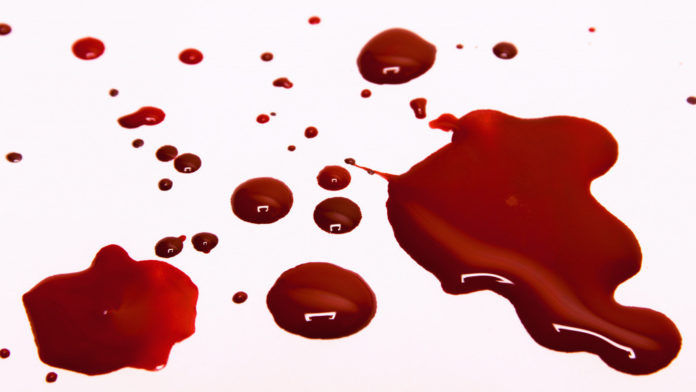
Even if you think that the acidity of the vinegar can help you remove stains from your clothes, this is not always the case. Vinegar does not remove stains such as grass, ice cream and blood. It is best to use a stain remover and then wash your clothes with enzymatic laundry detergent.
2. Egg spills
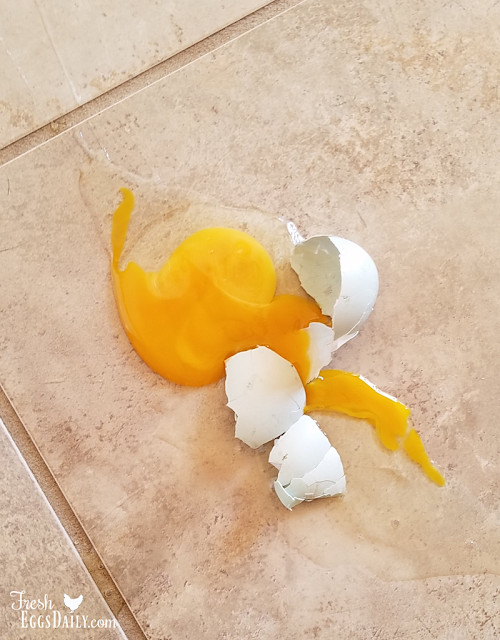
Vinegar is one of the worst cleaners you can use to clean an egg yolk. Instead of cleaning the runny egg yolk, vinegar only makes things worse by making the egg yolk coagulate because of the acid it contains. It is, therefore, better to avoid this product.
3. Hardwood floors
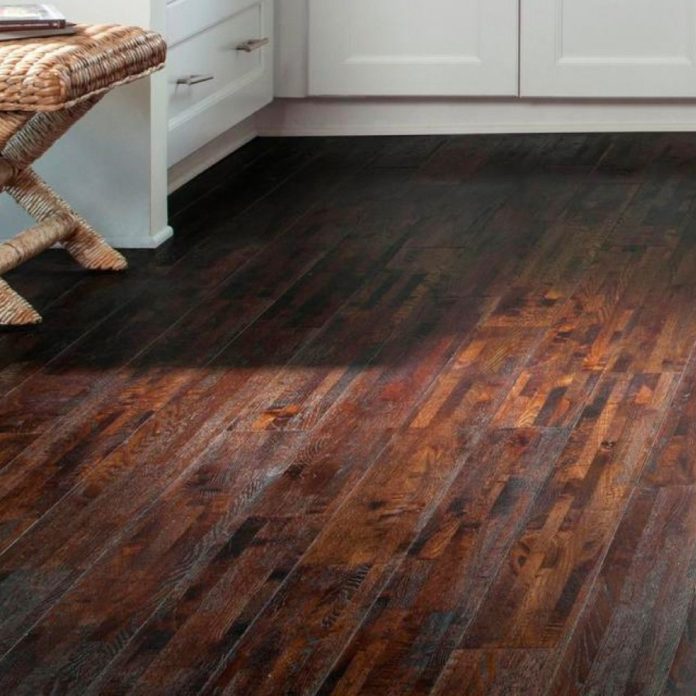
It is questionable whether it is acceptable to use vinegar to clean hardwood floors. Some people say that the vinegar has done an excellent job of cleaning while others say it has damaged their floor. You can always test the vinegar (by diluting it) in a small, discreet place, or use a cleaner specially designed for hardwood floors as a safety measure.
4. Stone floor tiles
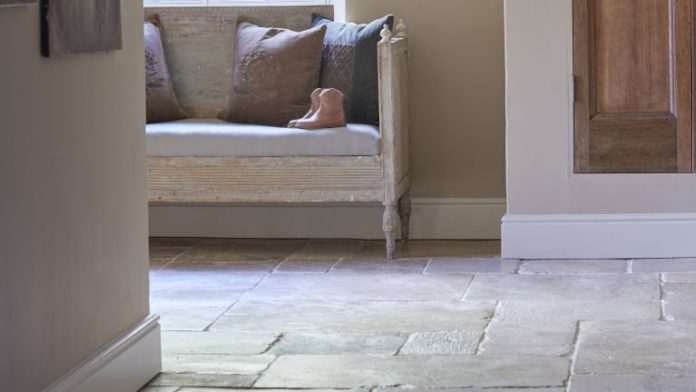
Even if you think the stone is a very resistant material, it can be damaged if you clean it with vinegar. In fact, the stone does not like the acidity of the vinegar at all. It is preferable to use a specially designed cleaner or a mild dishwashing detergent mixed with water.
5. Ironing irons
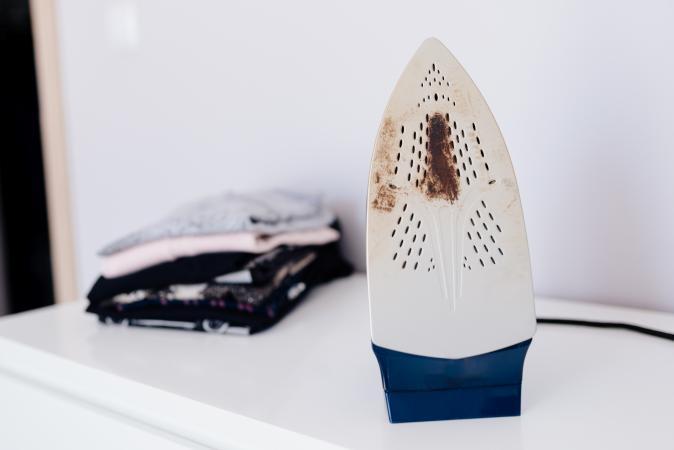
Iron is another object that you should not clean with vinegar. Vinegar can damage the internal parts of the iron. The best way to clean your iron is to read the cleaning instructions in the user guide.
6. Marble and granite countertops
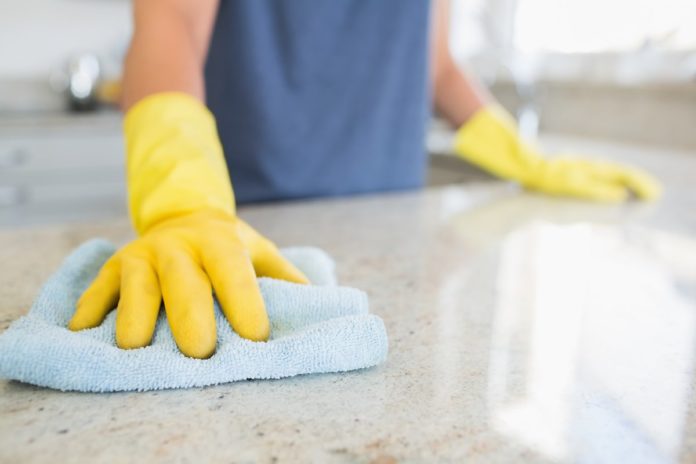
Like stone floors, avoid using vinegar to clean marble and granite countertops. Indeed, the acid present in vinegar can damage the top of marble or granite. To clean your countertops without damaging them, simply use a mild dishwashing detergent mixed with hot water.
7. Waxed furniture
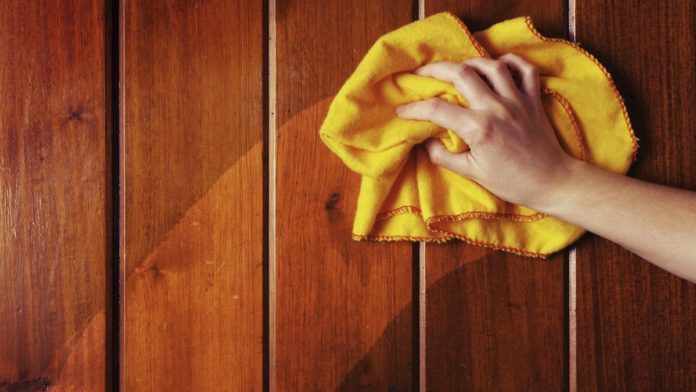
Before applying vinegar to your waxed furniture, be aware that the vinegar will remove the wax from its surface. This can give your furniture a dull appearance. Your best choice when cleaning waxed furniture is to use furniture varnish specially designed for this task.
8. Dishwasher
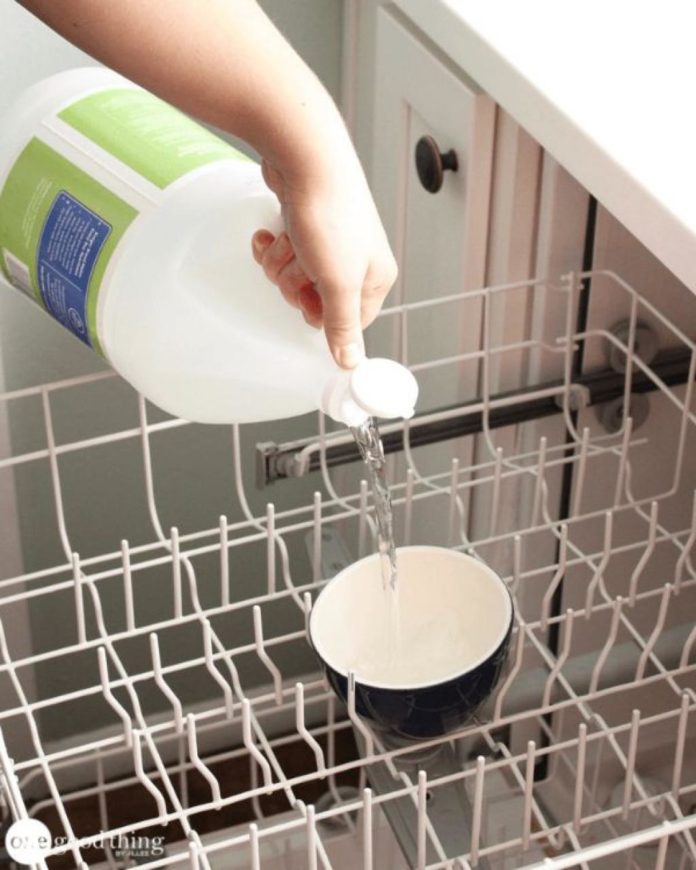
While many DIY sites tell you to run your dishwasher with a bowl full of vinegar, vinegar can actually damage the rubber parts inside your appliance. This means that rubber seals and hoses wear out much faster when vinegar is used to clean the dishwasher than when using a product made for that purpose.
9. Cast iron pots and pans
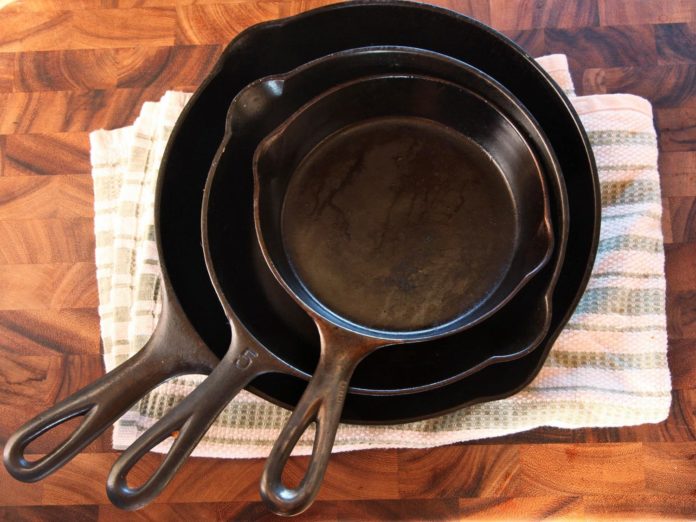
Cast iron pots are ideal for cooking. This is largely due to the patina they accumulate over time, which gives them a non-stick property. Vinegar can destroy this finish and can even rust your cast iron pots. To avoid this, use only water to clean them or a mild dishwashing detergent mixed with water.
10. Greasy surfaces
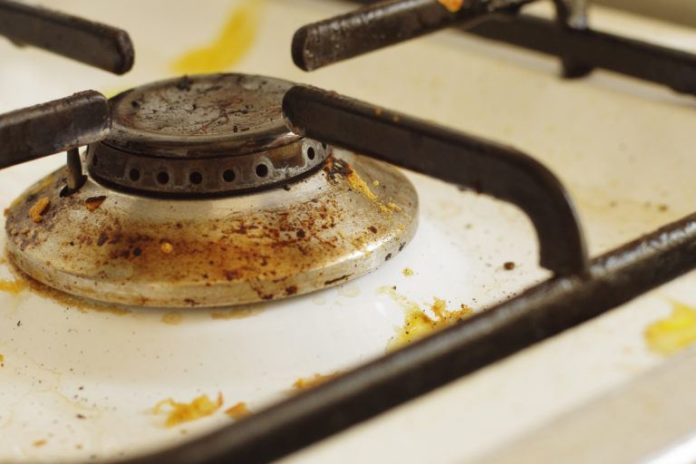
The acids in vinegar make it one of the least effective cleaners when it comes to fat. In fact, if you have a dirty grease spill to clean, use a mild dishwashing detergent, especially a detergent designed to remove grease for best results.
11. Beads
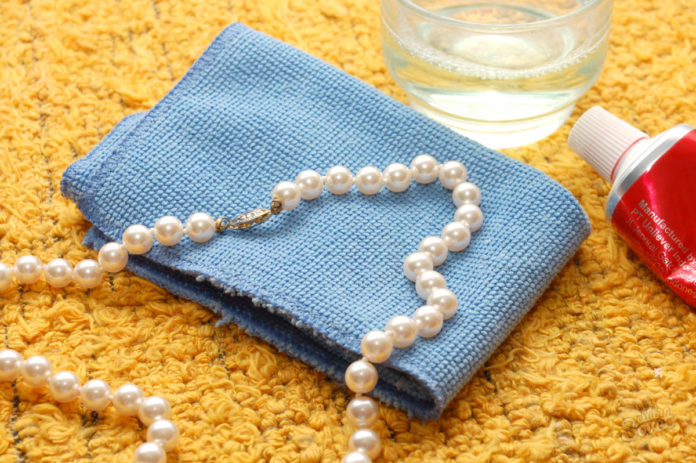
The pearl is made of materials very sensitive to vinegar. It is composed of calcium carbonate, a substance that dissolves when exposed to vinegar. To clean your pearls, it is, therefore, preferable to use a solution of warm water mixed with a mild dishwashing detergent.
12. Kitchen knives
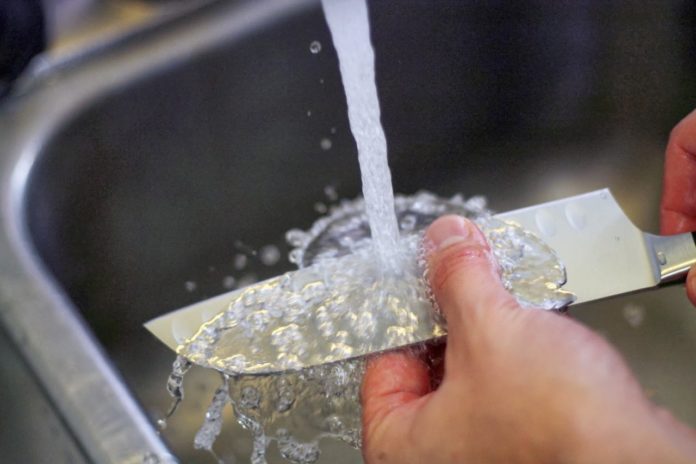
Like many other items in this article, the best way to clean your kitchen knives is to use mild dishwashing detergent and water. Avoid vinegar if possible, as the acids it contains can damage the surface of your knives.
13. Aluminum
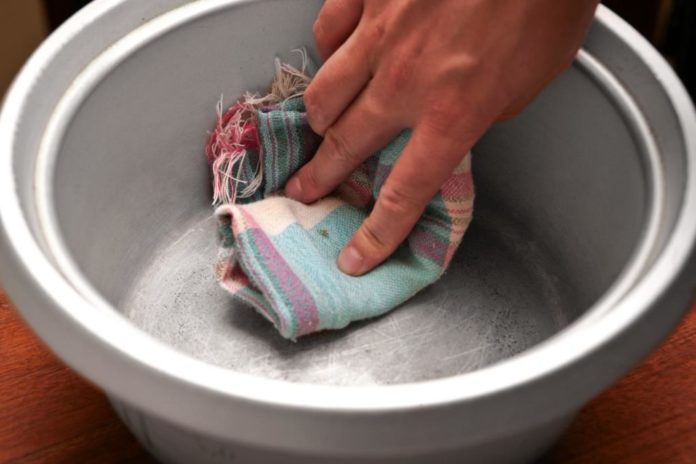
As with many metal items, vinegar can damage the surface of aluminum pots and pans. The vinegar reacts with the surface of aluminum by oxidizing it and causing unsightly stains on your items. Use simple mild dishwashing detergent and water to clean your aluminum cookware.
14. Telephones or tablets
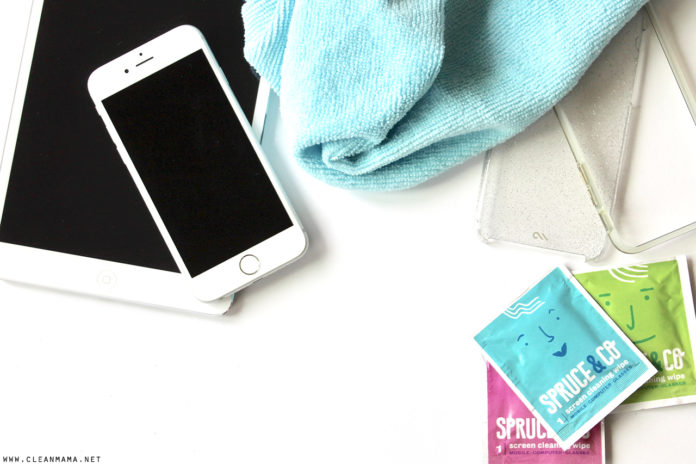
Do not use vinegar to clean your mobile devices. The fingerprint resistant film on your smartphone or tablet may be damaged if you use this product to clean them. Instead, you should use a microfibre cloth soaked in a little water.
15. Plants
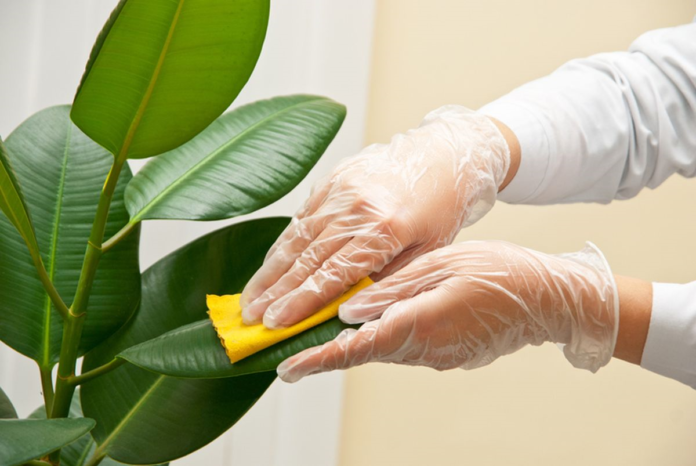
Vinegar does not react well with plants and can even kill them if it is sprayed or wiped directly on them. Although vinegar can help keep away everything that ravages your plants, it is more effective as a weed killer. To clean your plants, simply spray them with water and wipe the large leaves with a clean cloth.
16. Smell of pets
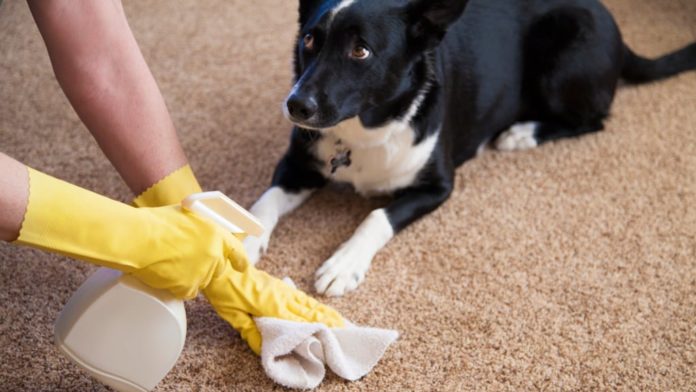
Vinegar is known for its ability to remove unpleasant odours, which is excellent if you have an unpleasant smell to clean. Keep in mind that if you use vinegar to clean up a mess made by your pets, they can still smell the smell and will continue to mark the stained area. For best results, use an enzymatic cleaner.
17. Unsealed grout
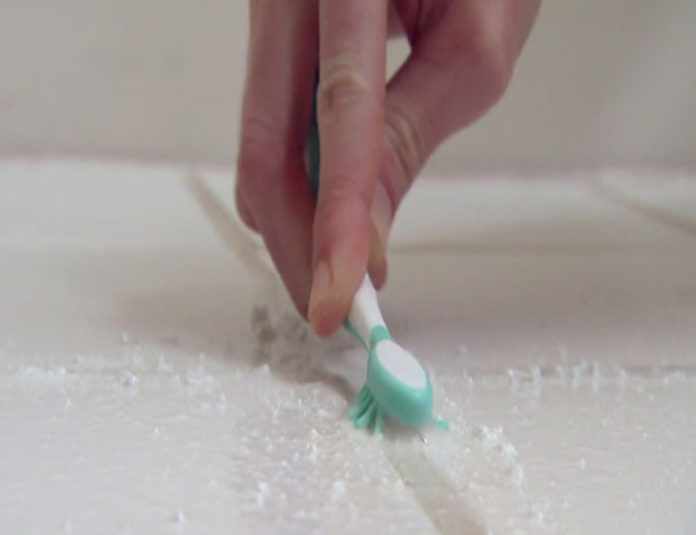
If your grout is damaged, avoid using vinegar to clean it. Over time, the vinegar will wear out the grout seal, making it even more fragile. It is preferable to use a variety of methods specially designed to clean the grout instead.
18. Furniture
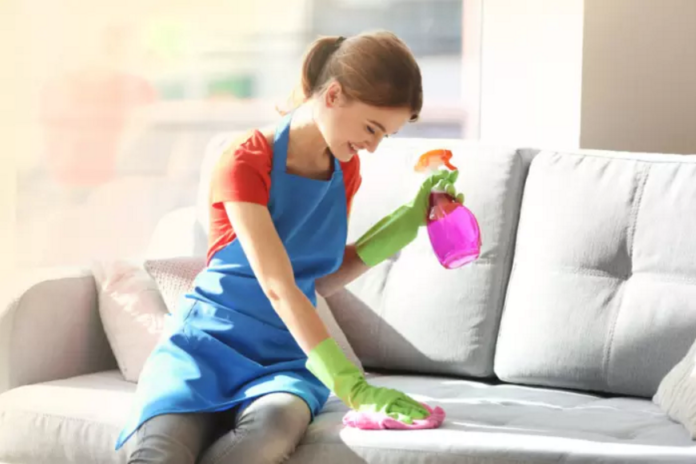
If you have upholstered furniture, avoid using vinegar to clean it. Chances are the vinegar will make the stains worse. If you really want to use vinegar on your furniture, test it first in a discreet place to see if it doesn’t stain.
19. Injuries
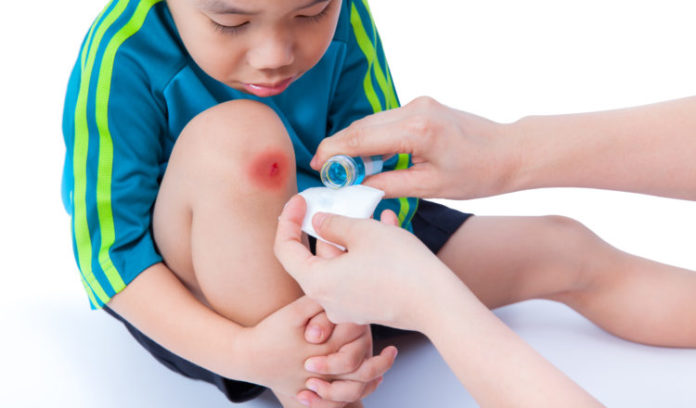
Vinegar does not kill bacteria that are often present in a wound, which can lead to infection. It is preferable to use a substance such as rubbing alcohol to clean a wound, as it is more effective at killing germs.
20. Swimmer’s ear
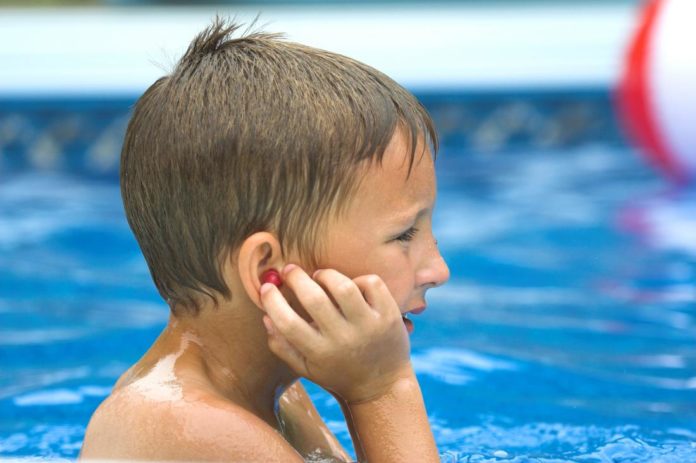
If you or a family member has a swimming ear, do not use vinegar to treat it. Although vinegar is a popular optional treatment for the swimmer’s ear, it is not the most effective, and it is painful. The best way to avoid the swimmer’s ear is to dry his ears thoroughly after swimming and use only drugs specially designed to treat this condition.



![[Photos] Here Are The 20 Worst Things To Buy At Walmart](https://lifetonik.co/wp-content/uploads/sites/8/2019/11/diapers-in-store_7584046-218x150.jpg)


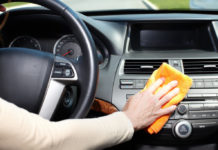
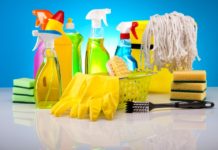

![[Photos] The Longest Living Dog Breeds In The World](https://lifetonik.co/wp-content/uploads/sites/8/2019/07/Top-10-dog-breeds-that-live-the-longest-1_5303774_7387668-218x150.jpg)
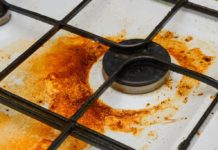



















![[Photos] 55 McDonald’s Fast-Food Items From Around The World](https://lifetonik.co/wp-content/uploads/sites/8/2019/07/mac-and-cheese-218x150.jpg)






